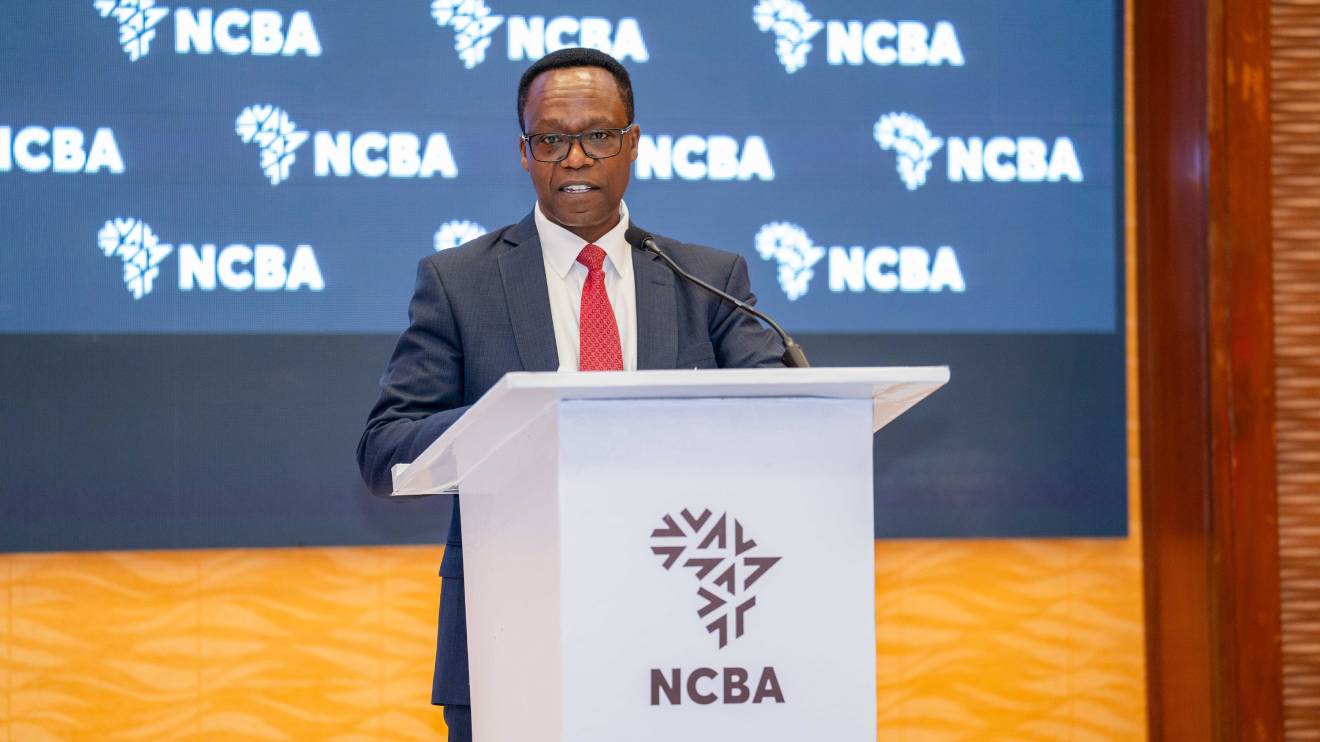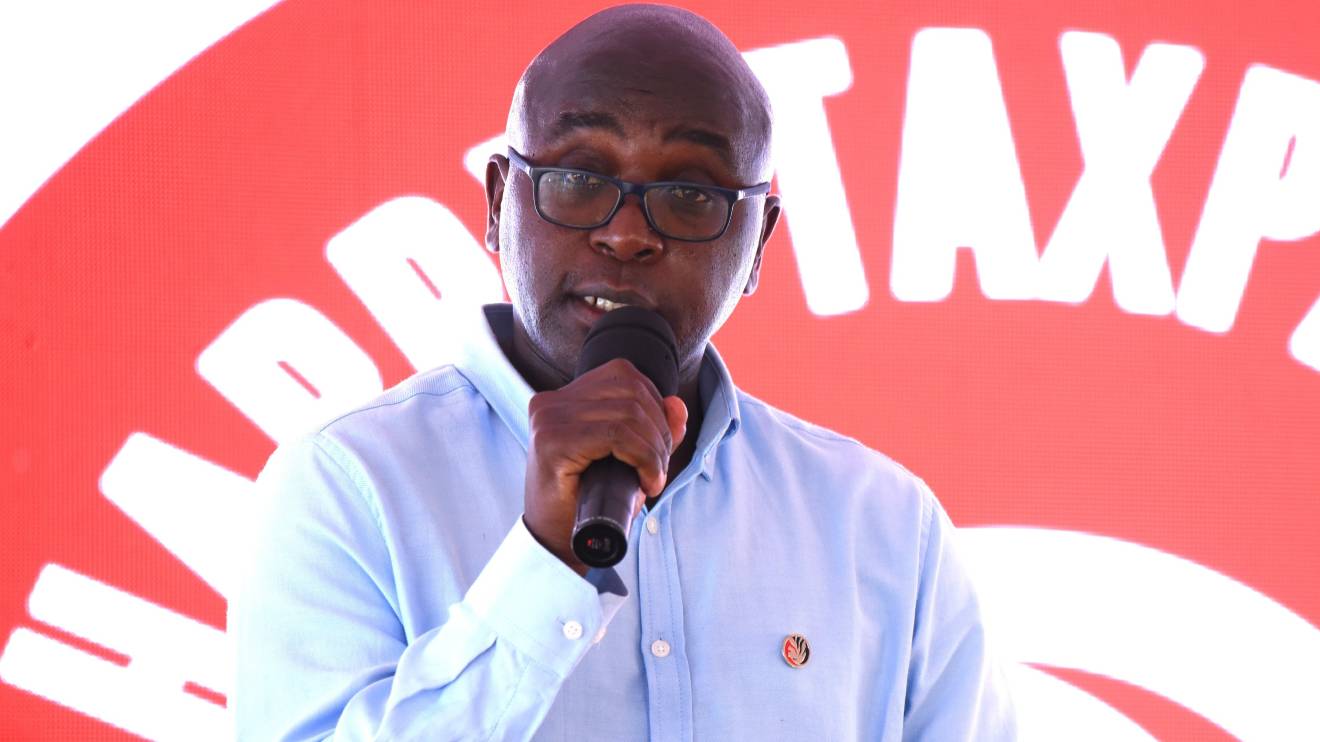Kenya has officially broken into the global top 60 startup ecosystems, marking a major milestone in its innovation journey and solidifying its position as a continental front-runner in tech entrepreneurship.
According to the StartupBlink Global Startup Ecosystem Index 2025, Kenya has climbed five places to rank 58th globally—its highest-ever placement in the authoritative global index.
The report, released annually by StartupBlink, ranks 118 countries based on the vibrancy and maturity of their startup ecosystems.
It evaluates each ecosystem using three core parameters: quantity of startups and support entities, quality of their impact, and the strength of the overall business environment.
Kenya recorded a remarkable annual ecosystem growth rate of 33.5 per cent, the highest among countries ranked between 51st and 61st.
Read More
“Kenya’s growth rate of over 30 per cent—the highest among countries ranked 51st–61st—enabled it to leap five places to 58th, officially entering the global top 60,” the report reads.
This year’s edition spotlights regions and countries demonstrating resilience and smart policy moves amid a global shake-up in tech hubs.
While East Africa as a region posted sluggish growth of only 6.1 per cent, Kenya stood out as an outlier—outpacing its neighbours and punching well above its weight.
By contrast, Nigeria—long seen as a continental tech titan—posted a meagre 5.36 per cent growth and ranked 66th, trailing Kenya by eight positions.
The report also acknowledged the role of government and ecosystem stakeholders in Kenya’s success, with the Kenya National Innovation Agency (KeNIA) listed among StartupBlink’s ecosystem partners in Africa.
Their involvement highlights a growing alignment between public policy and entrepreneurial needs.
StartupBlink CEO Eli David Rokah offered a broader caution in the report’s foreword: “Few governments invest in developing their startup ecosystems. Those that do enjoy strong results.”
He noted that smaller ecosystems can learn from the missteps of larger players, citing examples like judicial reforms in Israel and Brexit in the UK, which have caused instability in otherwise strong startup markets.
Kenya’s rise comes at a time when several traditional tech powerhouses are seeing a plateau or even a decline. North America, for instance, recorded the lowest regional growth at just 15.7 per ent, while the Caribbean was the only sub-region globally to post a negative rate.
In contrast, Africa as a whole showed pockets of promise, with countries like Morocco, Cape Verde, and Somalia also making significant upward moves in the rankings.
In the context of global innovation and digital competitiveness, Kenya’s performance is not just symbolic—it’s strategic.
The country’s leap into the top 60 signals growing investor confidence, a maturing entrepreneurial culture, and a fertile ground for future unicorns.
As the world continues to recalibrate around regional innovation hubs, Kenya’s upward trajectory suggests it is no longer a “next big thing”—it’s already here, and climbing.


-1756474472.jpg)



-1753733469.jpeg)


